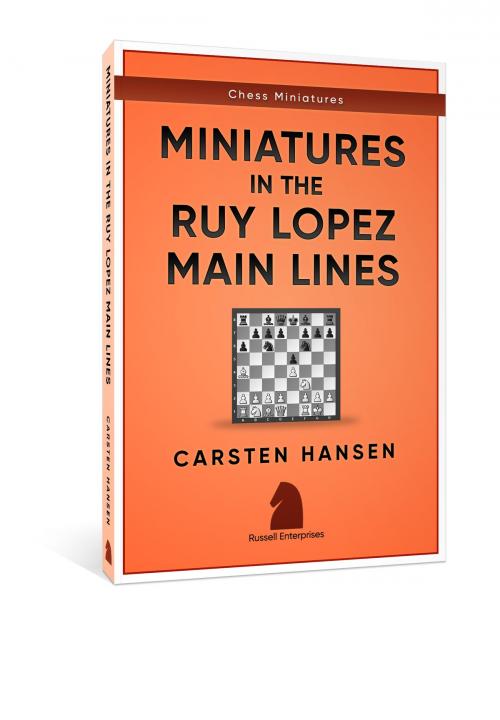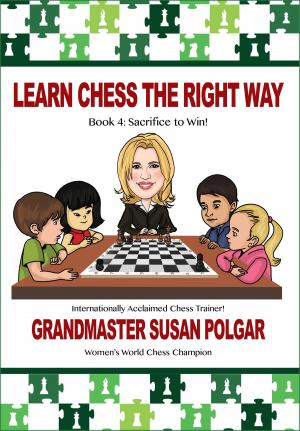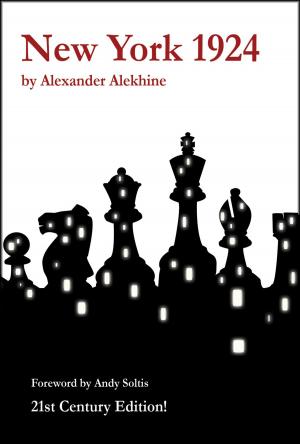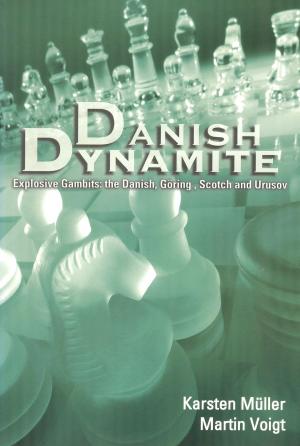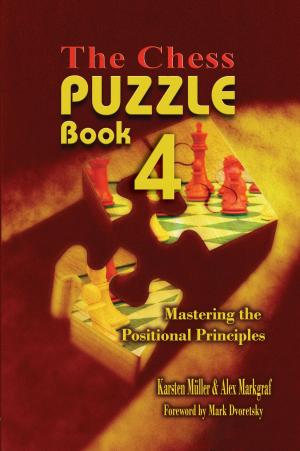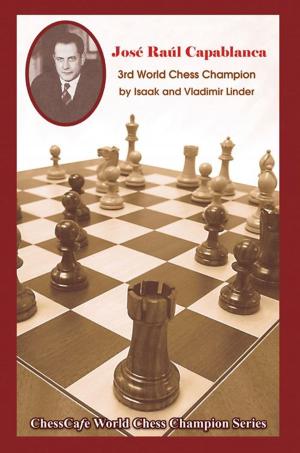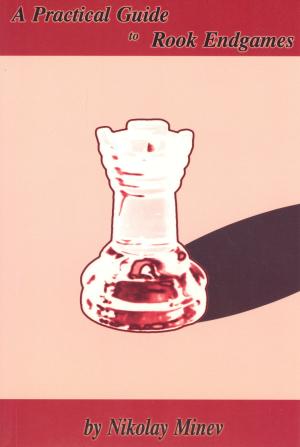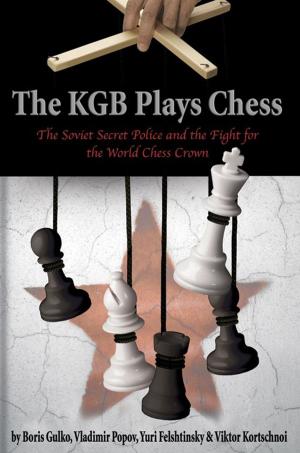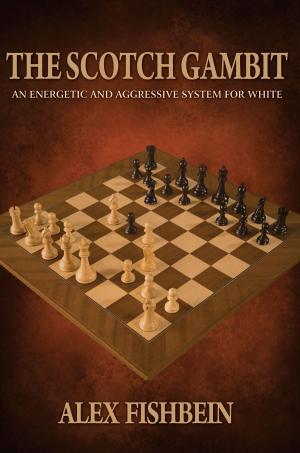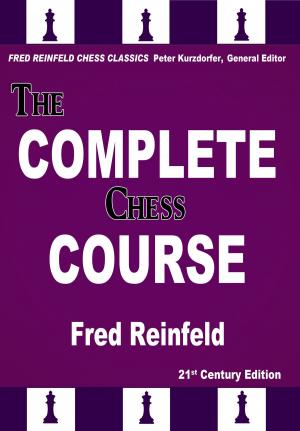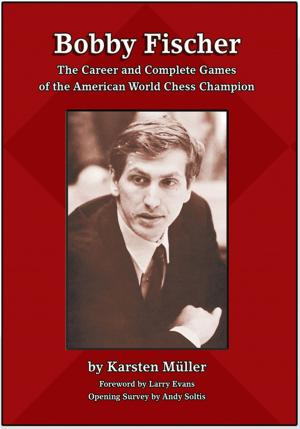| Author: | Carsten Hansen | ISBN: | 9781941270806 |
| Publisher: | Russell Enterprises, Inc. | Publication: | October 7, 2017 |
| Imprint: | Russell Enterprises, Inc. | Language: | English |
| Author: | Carsten Hansen |
| ISBN: | 9781941270806 |
| Publisher: | Russell Enterprises, Inc. |
| Publication: | October 7, 2017 |
| Imprint: | Russell Enterprises, Inc. |
| Language: | English |
Miniatures in the Ruy Lopez Main Line Another Great Book in the "Miniatures in the..." Series! The lines covered in this book, the Ruy Lopez Main Lines, arise (with a few exceptions for move order and such) after 1 e4 e5 2 Nf3 Nc6 3 Bb5 a6 4 Ba4 Nf6 5 0-0. The Ruy Lopez, or Spanish Opening if you like, is one of the oldest openings, named after a Spanish priest who first played it back in the 16th century. Needless to say, it has been played a few times since and remains a popular opening at all levels of play. Some of the lines are incredibly theoretical, but rather than burden you with a ton of theory in lines you will have limited chance of using in your own games, the emphasis is on the lines that are more likely to occur in your games. Those lines will be in chapters 3 and 4, the two longest chapters of the book. This book is by no means an all-encompassing theory work, which means that there is a lot of theory that is not discussed in the notes. This is of course intentional. The book is written to entertain and inspire. If you find some lines that you like, you are encouraged to dive deeper into those lines before using them in your own games. As for the games, they are typically between players with a rating of at least 2350 and often well more than that; you will find games between players rated above 2700 in this book. However, I have made some exceptions when a lower rated player beats a player rated above the magical 2350 number. To show the relative strength of the players, I have included the ELO rating of the players involved in the miniatures. A few games are of older date, but are otherwise as recent as 2015.
Miniatures in the Ruy Lopez Main Line Another Great Book in the "Miniatures in the..." Series! The lines covered in this book, the Ruy Lopez Main Lines, arise (with a few exceptions for move order and such) after 1 e4 e5 2 Nf3 Nc6 3 Bb5 a6 4 Ba4 Nf6 5 0-0. The Ruy Lopez, or Spanish Opening if you like, is one of the oldest openings, named after a Spanish priest who first played it back in the 16th century. Needless to say, it has been played a few times since and remains a popular opening at all levels of play. Some of the lines are incredibly theoretical, but rather than burden you with a ton of theory in lines you will have limited chance of using in your own games, the emphasis is on the lines that are more likely to occur in your games. Those lines will be in chapters 3 and 4, the two longest chapters of the book. This book is by no means an all-encompassing theory work, which means that there is a lot of theory that is not discussed in the notes. This is of course intentional. The book is written to entertain and inspire. If you find some lines that you like, you are encouraged to dive deeper into those lines before using them in your own games. As for the games, they are typically between players with a rating of at least 2350 and often well more than that; you will find games between players rated above 2700 in this book. However, I have made some exceptions when a lower rated player beats a player rated above the magical 2350 number. To show the relative strength of the players, I have included the ELO rating of the players involved in the miniatures. A few games are of older date, but are otherwise as recent as 2015.
